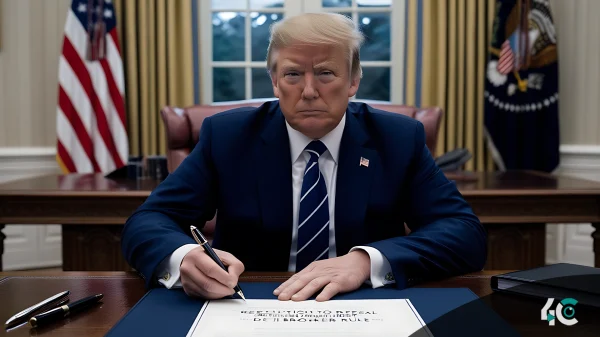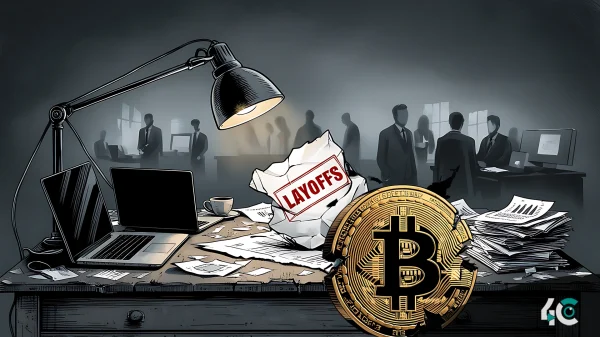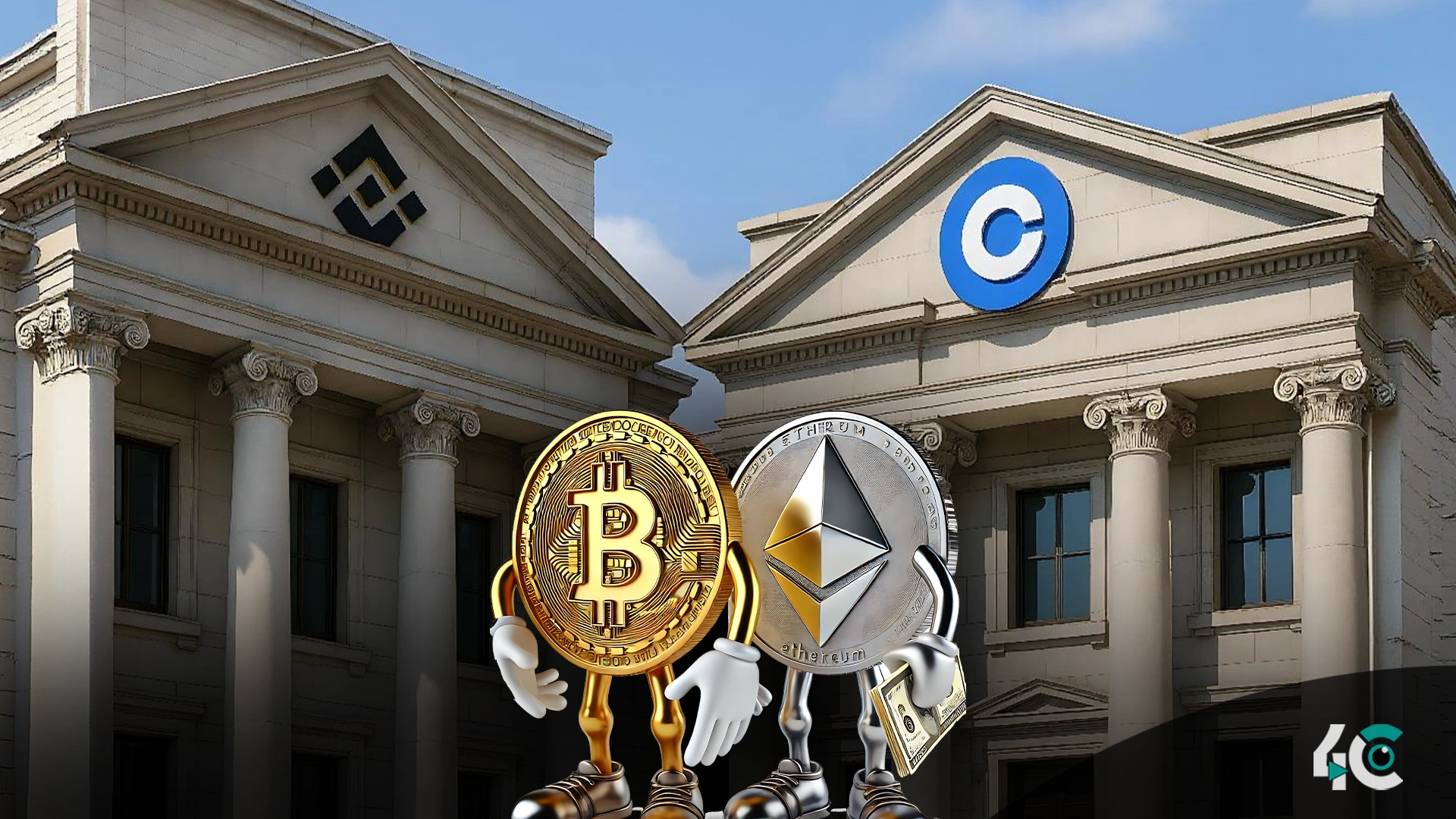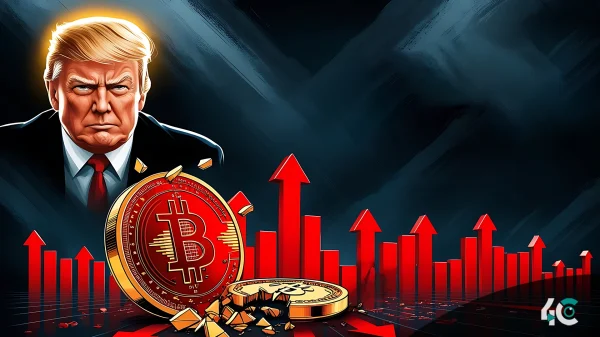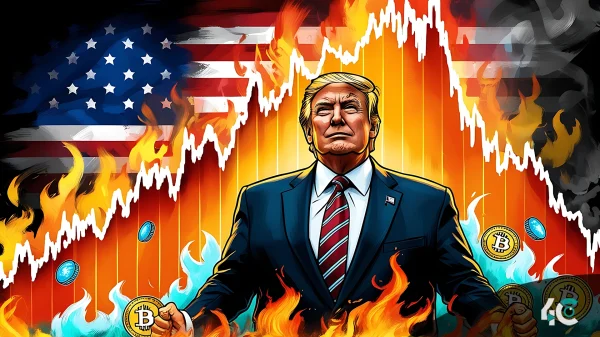The growing influence of cryptocurrency exchanges
By 2025, Binance and Coinbase will have become like Walmart and Amazon of crypto trading, with over $1 trillion in trading volume. These platforms help you trade and offer financial services like receiving interest for locking coins and borrowing against coins; payroll is another benefit. For many users, particularly in underserved regions, crypto exchanges are their primary way to access banking-like services without a bank account.
“Exchanges are no longer just marketplaces—they’re becoming full-fledged financial ecosystems,” says Dr. Laura Martinez, fintech policy expert. The question is whether they’re ready for the burdens that accompany that responsibility.
Why Regulation Is Being Called For
The rapid growth of crypto exchanges into banking-like functions has surpassed the regulating authorities, which has caused consumers to become victims of fraud and insolvency. Big companies collapsing, like the 2023 FTX scandal, show that fraudsters can steal large amounts of customer funds by not staying regulated.
Furthermore, the interconnected nature of the crypto markets poses risks to the global financial system, potentially leading to a major exchange failure. This risk has contributed to a push for bank-like oversight, including capital reserves, audits, and deposit insurance.
According to James Carter, with financial crimes, these platforms can not remain unchecked as the stakes are too high. “Treating them like banks is necessary if they want to behave like banks.”
Arguments Against Heavy Regulation
Supporters of lighter regulations say that applying inflexible bank rules to crypto exchanges will restrict innovation. They say that the decentralized nature of blockchain technology is much different from finance and needs a unique approach. They warn that excessive rules and restrictions could potentially stifle innovation.
Blockchain strategist Sarah Lin asserted that we are creating the future of finance here, not in the past. Regulators must focus on protecting people and allowing the advancement of technology. If exchanges become banks, then the innovation we desire will not happen.
Lessons from Traditional Banking
Advocates of regulating crypto exchanges like banks cite lessons learned from the 2008 financial crisis. Strict supervision of conventional financial bodies helped rekindle faith and stability after years of carelessness. A principle similar to that of banks could be applied to crypto exchanges to prevent recklessness.
For instance, if exchanges must keep enough assets to back customer deposits, losses like those of the Celsius Network can be avoided when users can’t access their billions in frozen assets. Likewise, introducing anti-money laundering (AML) and know-your-customer (KYC) measures would help tackle crime on these platforms.
“It’s about protecting people; regulation doesn’t punish innovation,” remarked Marcus Reed, CEO of a blockchain analytics firm. “Trust and transparency must come first when dealing in other people’s money.”
The Role of Governments and Regulators
Governments across the globe are struggling with how to tackle this. In 2025, the EU established a framework called the Markets in Crypto-Assets (MiCA) that imposes stringent operating standards on exchanges in the block.
Meanwhile, the U.S. The SEC has intensified its overhaul of Binance and Coinbase, alleging they were violating the law associated with some of the retail offerings.
However, inconsistencies in regulations globally cause issues. While some nations adapt to crypto exchange capabilities, others conduct blanket bans, resulting in a conflicting spectrum of regulation.
Finding Common Ground
Most experts think a hybrid model that recognizes the unique features of cryptos and the role of exchanges as custodians of users’ money can be adopted. This could include measures such as implementing regulatory standards, enhancing security protocols, and ensuring transparency in transactions.
Funds Should Be Separate: Customer funds must be separate from company funds.
Stress tests: Require exchanges to prove they can survive market drops.
Exchanges have to share reports showing their finances and operations.
This type of method would give regulators the freedom to deal with systemic risks and not real innovation through additional bureaucracy.
What Does the Future Hold?
Whether Binance, Coinbase, and others will eventually face bank-level regulation is uncertain. The current trajectory clearly requires changes. In the digital currency world, exchanges are starting to mix DeFi with traditional finance, and figuring out the right balance will be key to the next evolution.
Crypto still needs guardrails despite its promise, Dr. Martinez said. The goal is to create regulations that provide user protection without stifling innovation in this dynamic industry.
Today’s decisions will shape crypto exchanges and their role in the blockchain world, given the stakeholders competing for various priorities.


